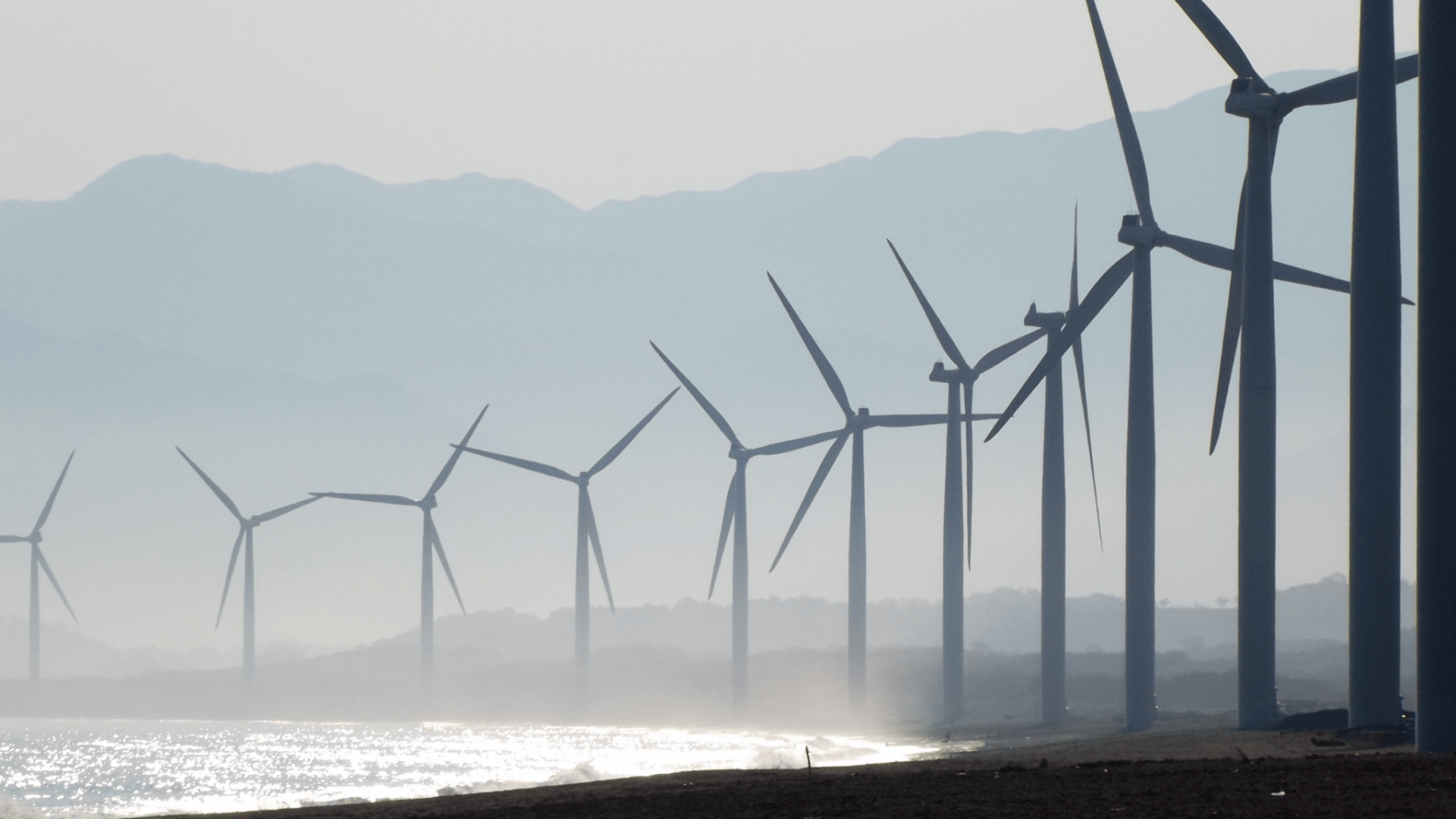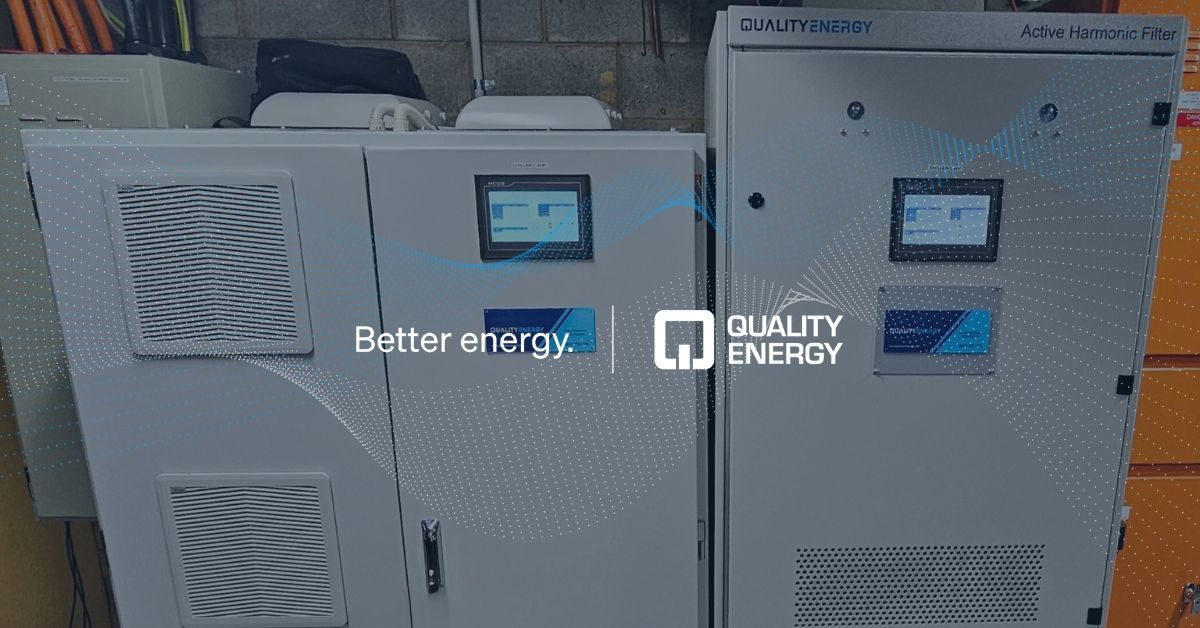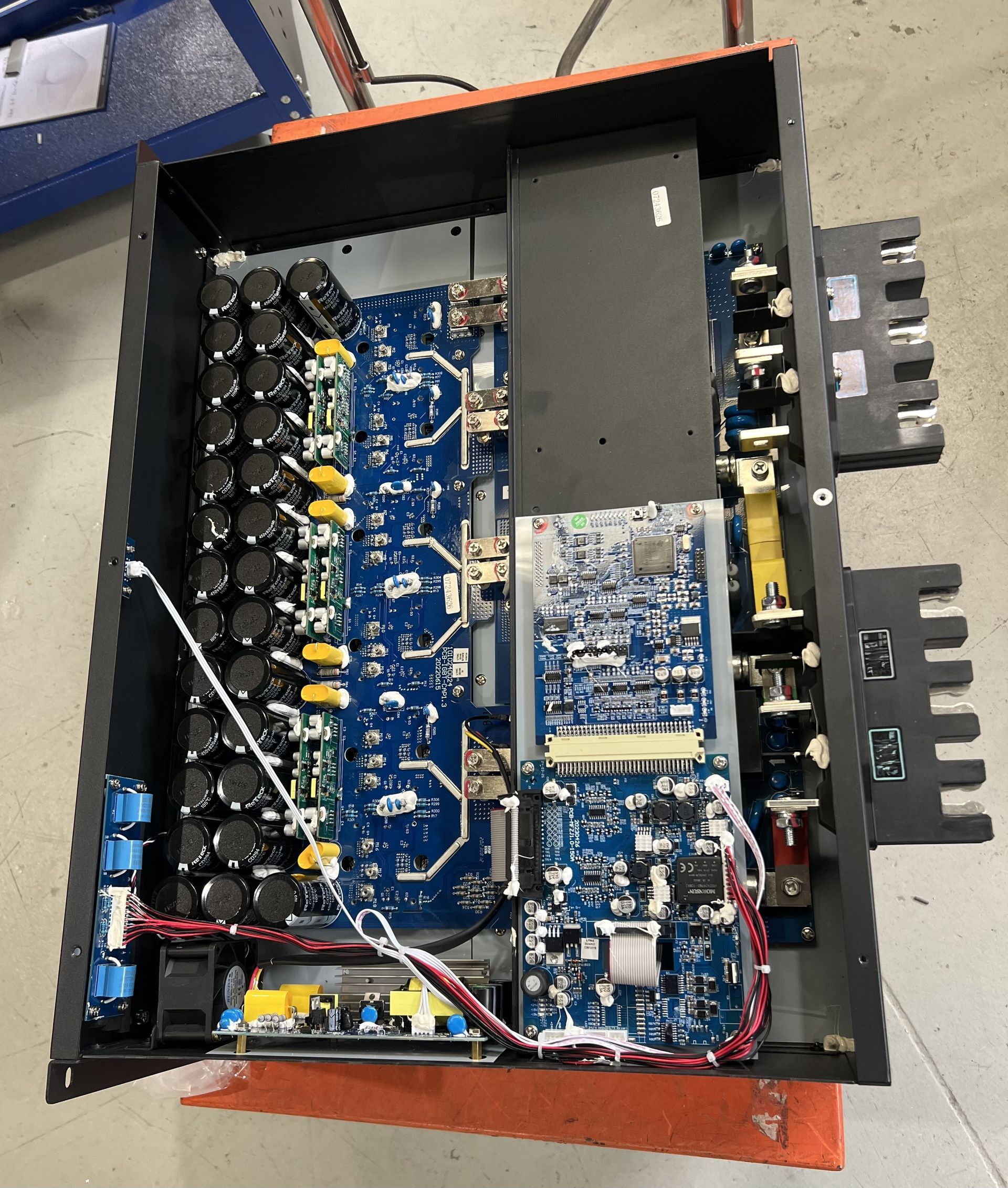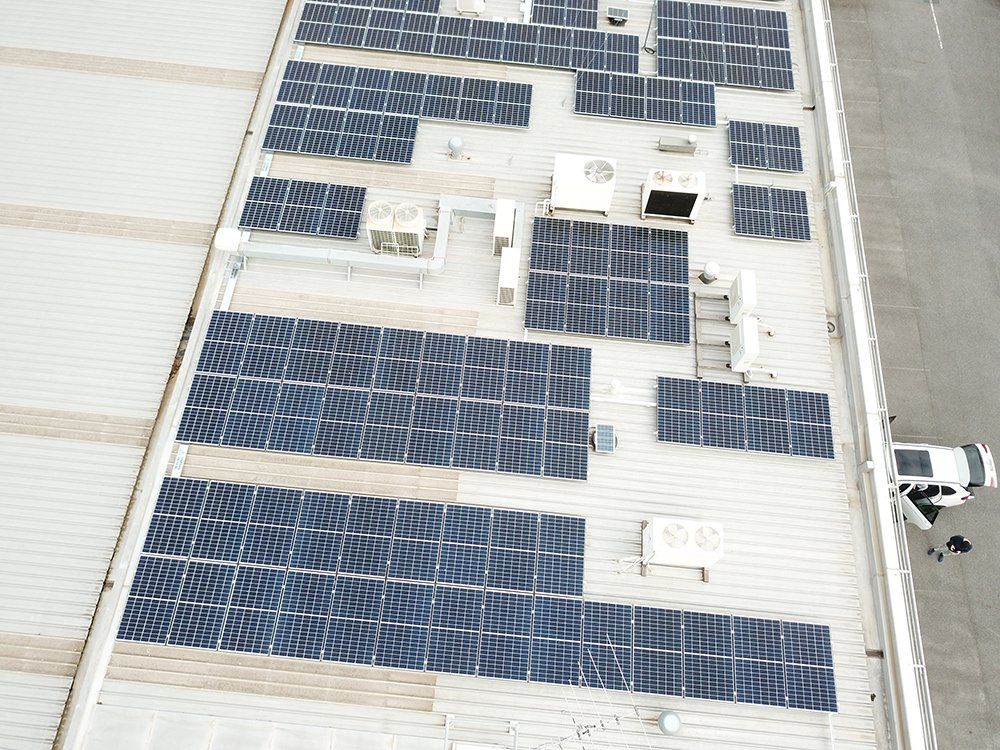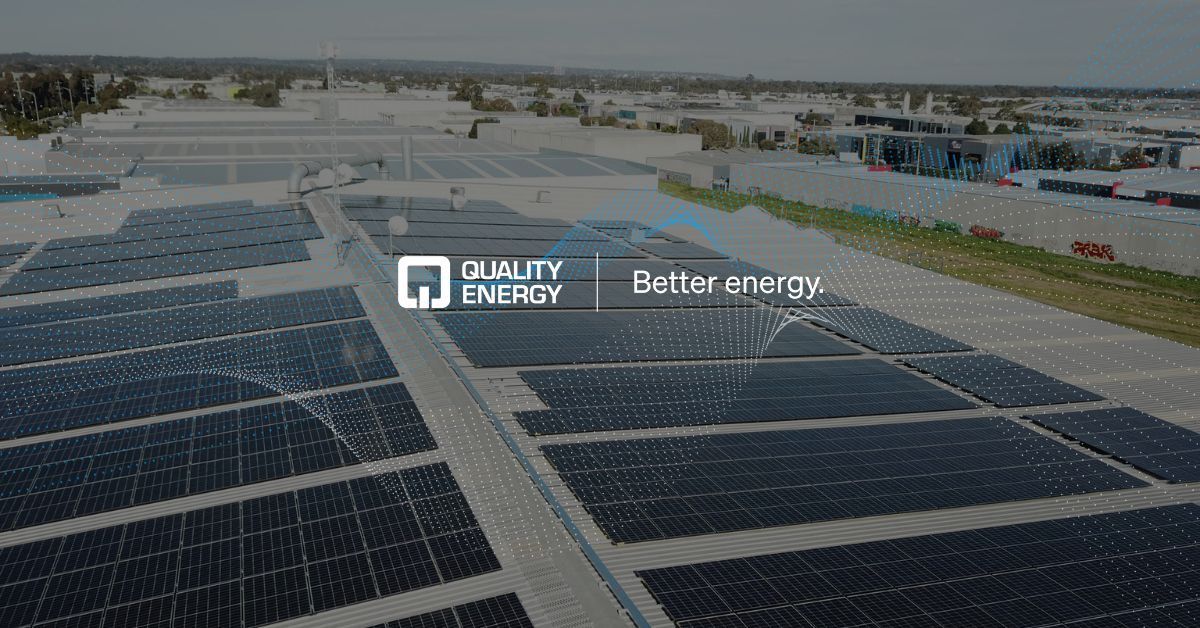How to Select the Best Solar Installer for Your Business
So, you have decided to install a solar power system to help reduce your energy bill and carbon emissions. Now, you need to find a reputable solar power provider who can design and install a solar power system that will deliver the best result for your business. It is well-known that Australia’s solar industry — both commercial and residential — is growing. However, this growth has also resulted in an increase in complaints about solar companies. CHOICE Help reported a surge in members requiring advice for problems with their solar investments.
When choosing a solar installer, it pays to do a little research to ensure that you get the maximum return-on-investment (ROI). This checklist highlights what you need to know about selecting the best solar installer for your business.
Solar Accreditation and Approval
There are various installer qualifications and industry affiliations that you should be aware of. While some are mandatory, others are not. However, Clean Energy Council (CEC) accreditation is compulsory for solar panel installers in Australia. If your solar power system is not installed by a CEC accredited installer, you may not be entitled to the Federal government rebate. This means you will be out-of-pocket thousands of dollars. Besides that, a CEC accredited installer had received special training to carry out solar installations competently and safely. This will save you from any future repair costs associated with delamination, incorrectly fitted solar panels, and poor solar panel performance.
Another common industry approval is the Clean Energy Council’s Approved Solar Retailer program. While it is not mandatory to select a CEC Approved Retailer in order to claim the federal solar rebate, some state schemes require you to do so.
When choosing a solar installer, you should also consider the industry memberships and affiliations of your chosen installation company. Having Industry affiliations are a good indication of the installer’s commitment to the industry’s best practices.
Examples of industry affiliations include:
- Clean Energy Council member
- Smart Energy Council member
- Solar Energy Industries Association (SEIA)
- Australian PV Institute
Warranty Terms
Before signing off on your installation project, make sure you have a clear understanding of the warranty terms. Individual solar products will come with a product manufacturer’s warranty. In addition,
Approved Solar Retailers will offer an additional warranty that covers the “whole of system”, including workmanship and installation, as well as the performance and operation of the system.
A Realistic Return-on-Investment (ROI) Calculation
Your solar installer should provide a realistic ROI calculation for your desired system size. If the projections vary too much between different installers, you should be concerned about being misled by the product, performance, and outcome. Some questions to ask during this stage include:
- What percentage of power will your system export to the grid?
- What is the annualised electricity price rise?
- What is the level of system degradation?
High Quality Solar Panels and Hardware
When comparing quotes from different installers, it is essential to compare the quality of the solar panels, inverter, and system components that are included in the quote. The difference in the quality of the product you receive can often indicate the system’s longevity and reliability. Ensure that all system components are on the Clean Energy Council Approved Product Listing. If not, you may not be entitled to a solar rebate.
Other Factors to Consider
Before signing off on your installation project, make sure you have a clear understanding of the warranty terms. Individual solar products will come with a product manufacturer’s warranty. In addition, Approved Solar Retailers will offer an additional warranty that covers the “whole of system”, including workmanship and installation, as well as the performance and operation of the system.
Once you receive solar quotes from a few installation companies, you need to assess if your installer provides sound advice and able to tailor a system suitable for your premise and electricity consumption.
Things to look out for at this stage include:
- System size guidance - Your installer should look at your electricity bills, obtain interval consumption data and design a system tailored to your needs.
- Site inspection - Where possible, it is highly recommended that your installer performs a site inspection to inspect your premise’s roof orientation and identify any shading issues
Quality Energy has been in the business of power quality management for over 30 years. We are a reputable national provider of power quality solutions and a Clean Energy Council’s Accredited Installer for
commercial solar installations. We only use premium, Tier-1 solar equipment and components in our installations.
Contact us if you want to chat about how we can help improve your business’ power quality and energy efficiency.
Related news
